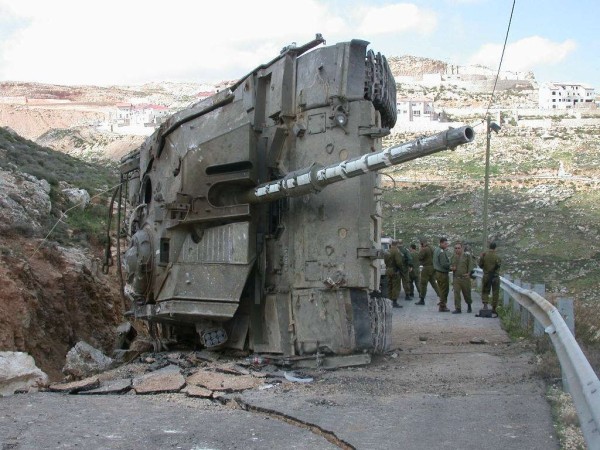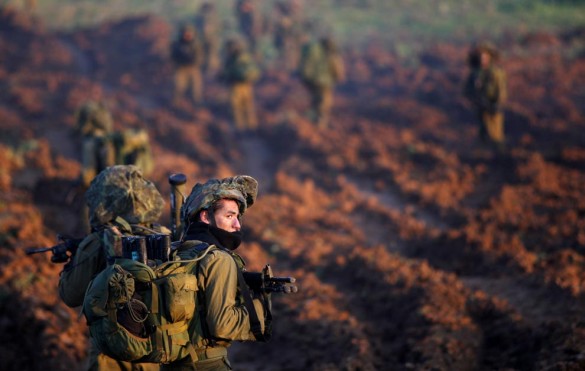Who has benefited most from the assassination of Rafik Hariri in Beirut in 2005? As the International Court of Justice arrives at its version of events, Dyab Abou Jahjah, writing in Open Democracy, finds confirmation in WikiLeaks for pointing us in a different direction.
Lebanon nowadays seems much bigger than it actually is. In a way this is no surprise for a country that always was a playground for regional and international agendas and a laboratory for testing any new formula in the area. However, this time, Lebanon is much more than that. Since 2006 it has become clear to all serious observers that this country is the focal point of a strategic divide, or more accurately the strategic divide in the Middle East. By virtue of the victory of Hezbollah against Israel in 2006, the Lebanese resistance has become a major factor in tipping the balance in favour of the Syrian/Iranian influence in the region as against that of the American/Israeli-led project. The latter project aims at further fragmenting political and social regional structures based upon sectarian and ethnic divisions, in order to create a new Middle East in which – to put it simply – Israel can play boss over everybody.
The Iranian and the Syrian regimes naturally oppose this scheme as it targets them in the first instance, but Iran at least also opposes this for ideological reasons. For the surge of the neo-conservative ‘creative chaos’ strategy in Iraq and beyond, the war against Lebanon in 2006 was supposed to be the final blow to any resistance, especially as this occurred at a time when Iraqi resistance was starting to be divided, weak and marginal, and the American grip over Iraq was growing stronger. Hezbollah’s defeat of the Israeli onslaught stopped the American surge in its tracks. The tide has started to turn since that moment: since then, both the Lebanese resistance and its Syrian and Iranian allies have been strengthened.
At this point, for the Americans and the Israelis a new priority was established: to destroy Hezbollah by any means necessary. This conclusion is confirmed by one of the documents lately published on wikileaks where the heads of the CIA and the Mossad are to be observed contemplating a possible augmentation of the pressure on Syria to make it take its distance from Iran, in order eventually to weaken Hezbollah. In that conversation between Meir Dagan and Frances Townsend, Dagan conveys to his American counterpart the “advantage of such an approach” – that, “the legal ground is already in place for action by the UNSC.” It is in this context that one must read the actions of the international tribunal investigating the death of Rafik Hariri and the indictment of Hezbollah that it will be releasing shortly.


